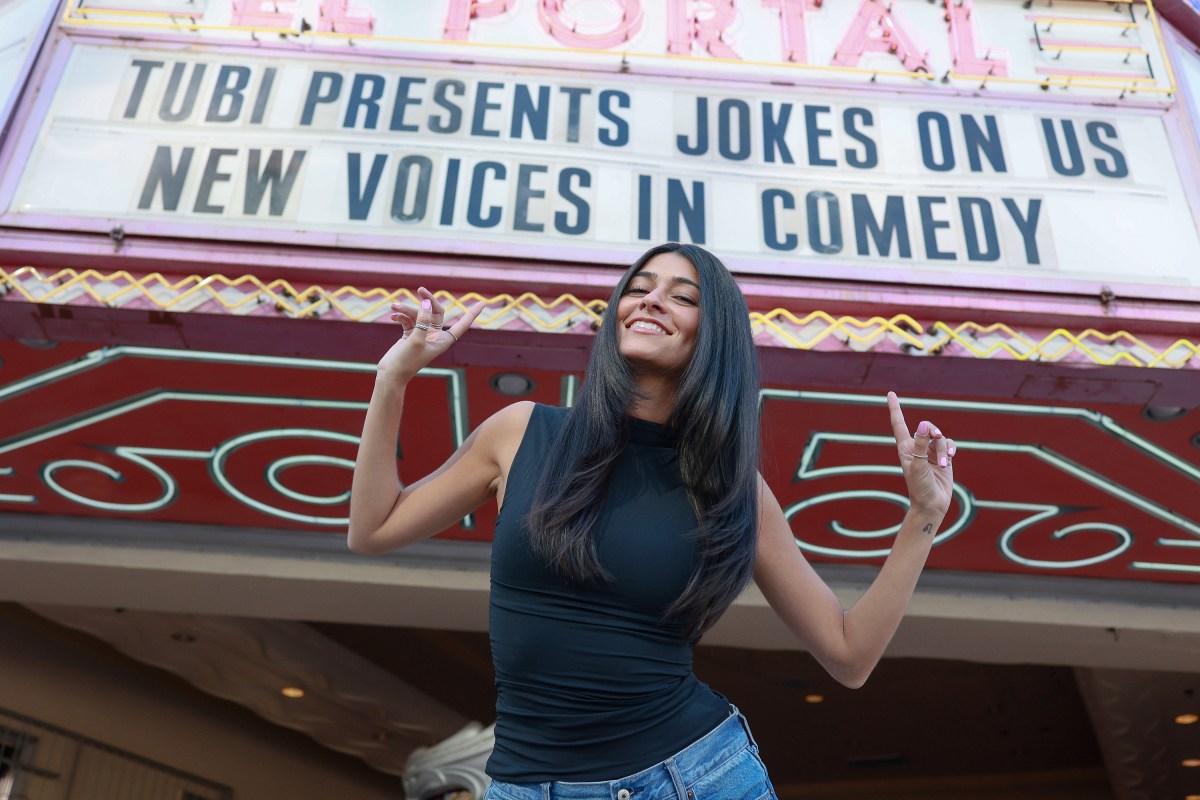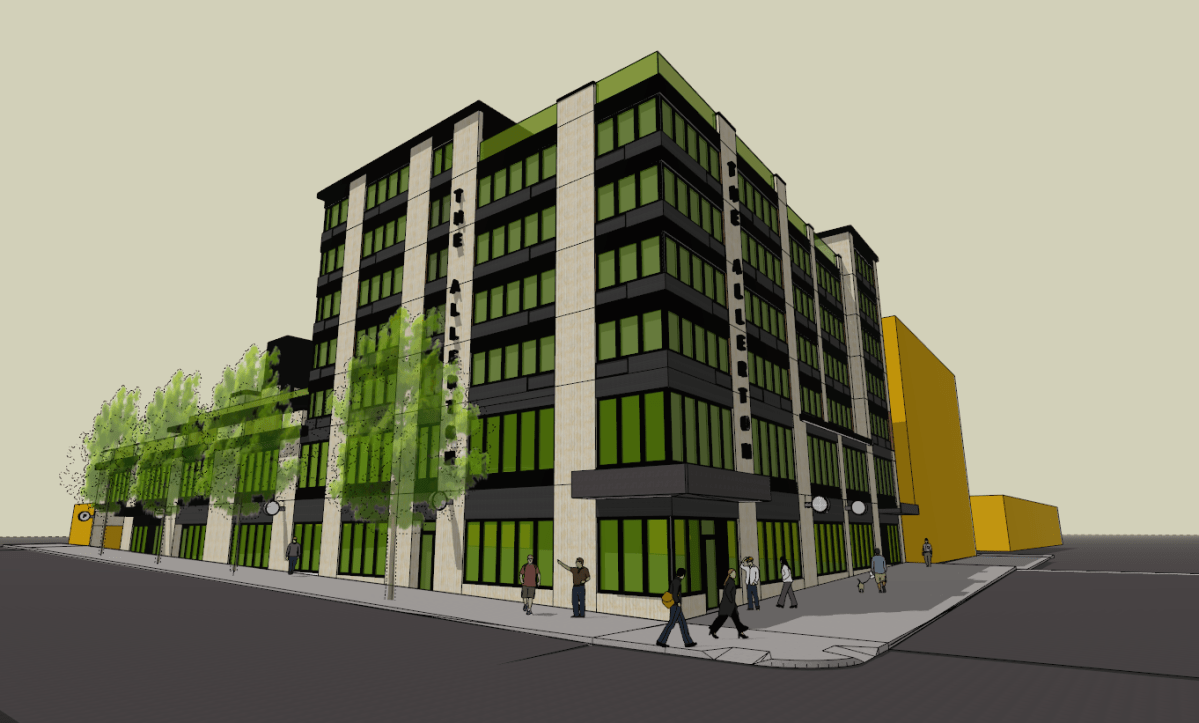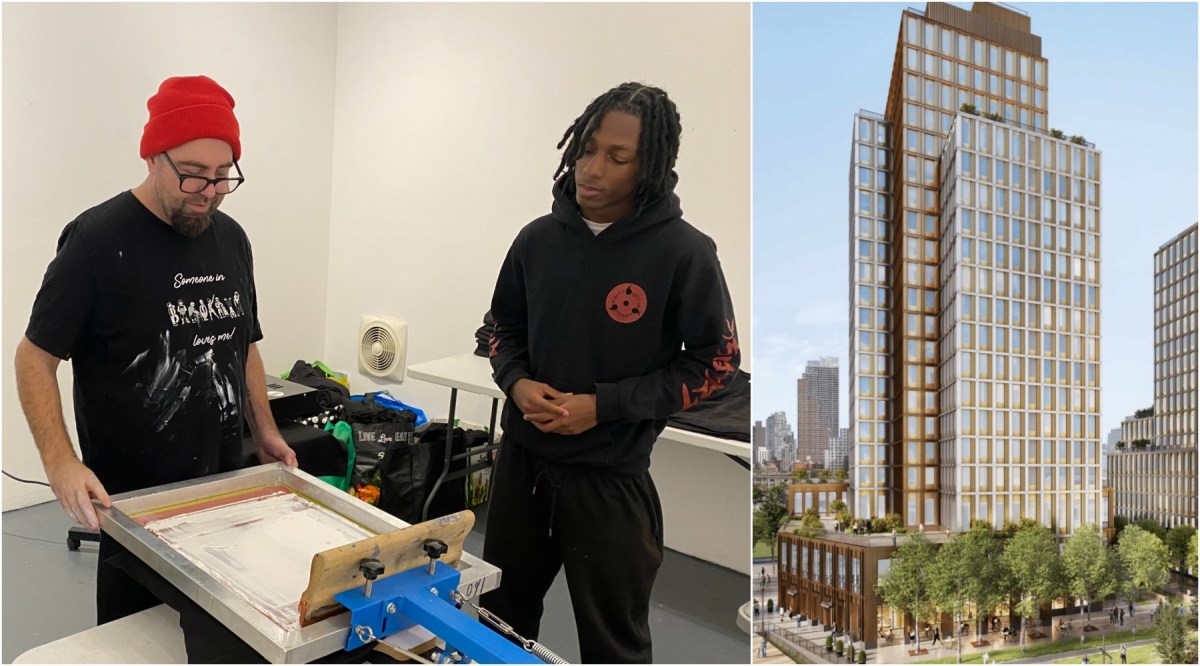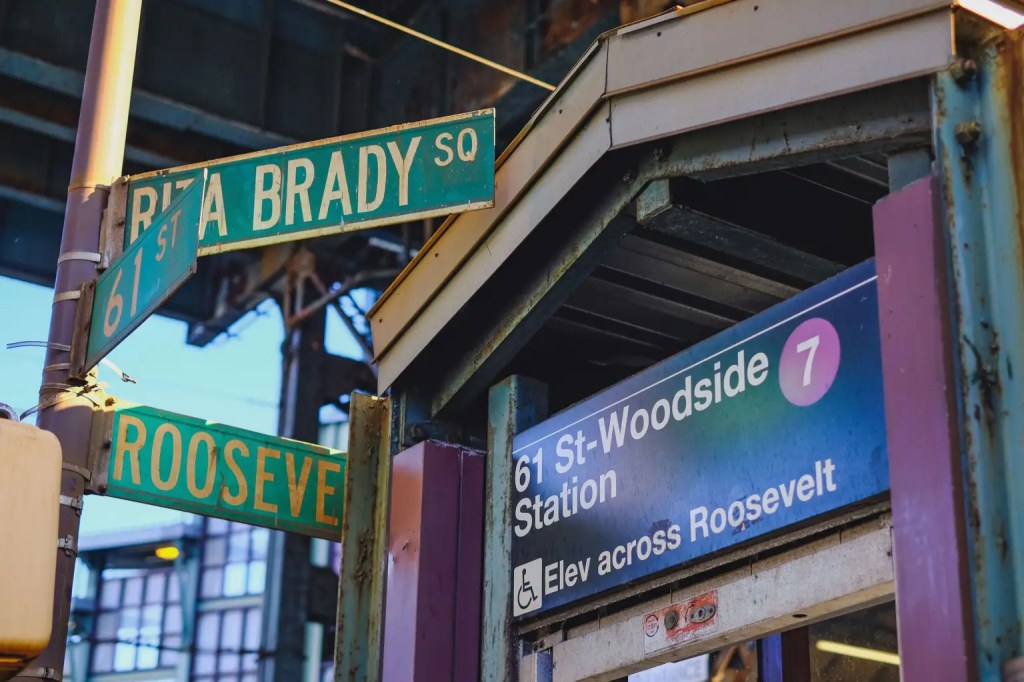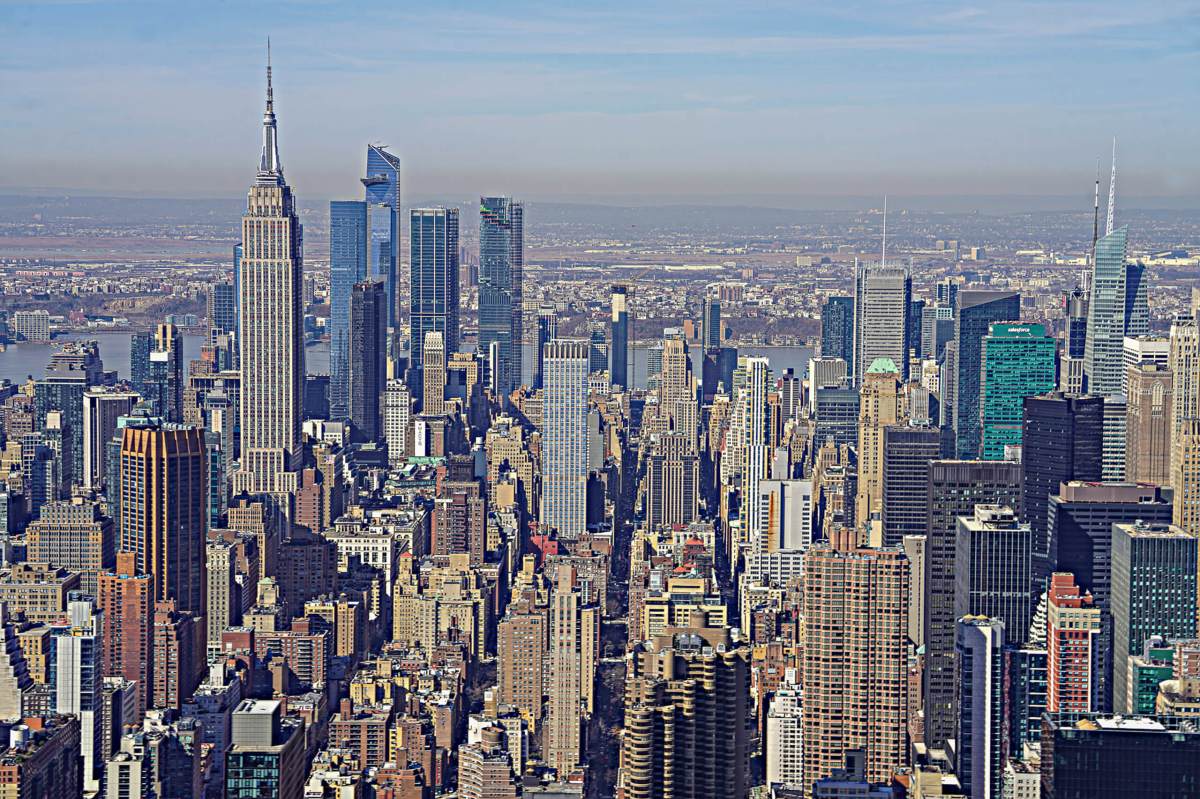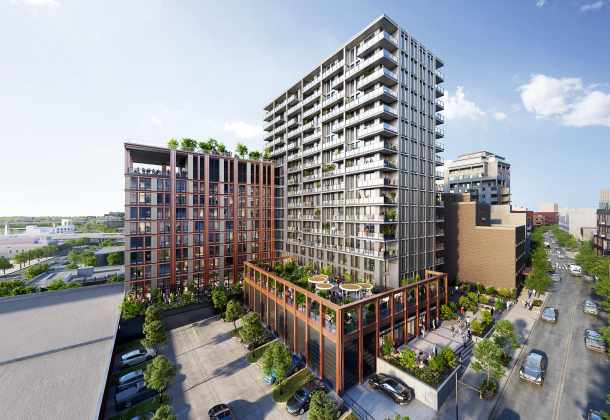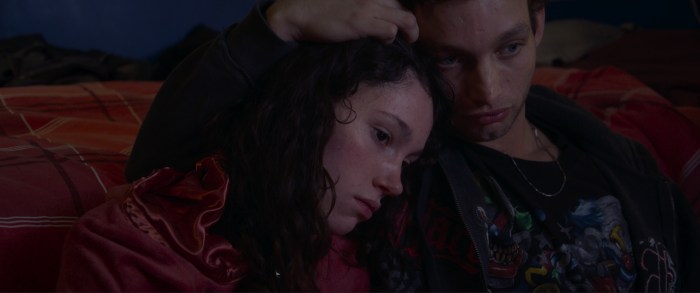
The 50th Anniversary of 1969’s Stonewall Uprising will be celebrated across New York City this June with historic exhibits, performances, celebrations, parades and more — but one show has its eyes on the future, not the past. The Brooklyn Museum’s “Nobody Promised You Tomorrow: Art 50 Years After Stonewall” focuses on the impact the historic event outside the Stonewall Inn had on contemporary LGBTQ+ artists living and working today, all of whom were born after 1969.
“The idea for ‘Nobody Promised You Tomorrow’ emerged from a desire to engage the 50th anniversary of the Stonewall Uprising, and to build off the long-standing commitment across education, public programming, and the Elizabeth A. Sackler Center for Feminist Art to celebrating queer artistic practice in Brooklyn and New York City,” says Margo Cohen Ristorucci, the public programs coordinator at the Brooklyn Museum, and one of the exhibit’s five curators. The exhibit is a collaboration among several museum departments, and was also inspired by Brooklyn Museum’s First Saturdays — a 21-year-old monthly free celebration of art and community that has “provided platforms for artists working at the vanguard of queer artistic production,” Cohen Ristorucci said. Programs such as InterseXtions: Gender & Sexuality, the museum’s annual paid LGBTQ+ teen internship in community programming and queer art history have also helped engage a new generation of queer artists and leaders, and are formative to this exhibit.
With the exception of the late artist Mark Aguhar, all 28 artists featured in the new exhibit live or work in New York City.
“We approached the curatorial process collectively, meeting with artists for studio visits and discussing our aim to explore the legacy of the Stonewall Uprising in visual culture today,” Margo says.

The exhibition is presented thematically, with work segmented into revolt, heritage, desire, and care networks areas. Many artists eagerly interpreted the invitation to participate in the exhibit as an opportunity to create new work. New commissions in the gallery include Tourmaline’s film "Salacia," LJ Roberts’s sculpture "Stormé at Stonewall," Sasha Wortzel’s films "Lost Address I" and "Lost Address II," and "Lavender Hill Historical Society" by Morgan Bassichis, Anna Betbeze, TM Davy, DonChristian Jones, Michi Ilona Osato, and Una Aya Osato.
And while every piece in the exhibit was created in the new millennium, Cohen Ristorucci says that the themes in the work directly echo the conditions Stonewall leaders and participants were fighting against.
“White supremacy, heteropatriarchy, transphobia, and the aches of capitalism continue to threaten queer communities in Brooklyn, and many of the artists in this exhibition draw attention to these parallels through work engaging the effects of gentrification and violence against queer and trans people of color,” Cohen Ristorucci says “The exhibition at once pays homage to queer foreparents, and faces the future through tributes to Marsha P. Johnson, Sylvia Rivera, and Stormé DeLarverie alongside works imagining alternative futures.”
And in this future, 2019, Cohen Ristorucciand her co-curators intentionally placed queer and trans people of color — during the Stonewall Uprising and the fifty years since — at the forefront.
“While the exhibition takes the 50th anniversary of the Stonewall Uprising as its starting point, it tells a broader story about friendship, care, and the everyday strategies of survival that make queer art and life possible,” she says. “Our hope for the exhibition is that it expands our collective imagination of the Stonewall Uprising beyond bodies revolting in the street to include the often unseen ways that queer communities sustain and uplift each other.”
‘Nobody Promised You Tomorrow: Art 50 Years After Stonewall’ is on display Friday through Dec. 8 at the Brooklyn Museum, 200 Eastern Pkwy., Prospect Heights, brooklynmuseum.org.



